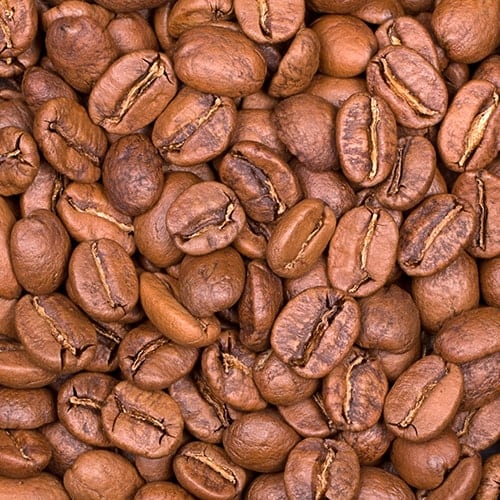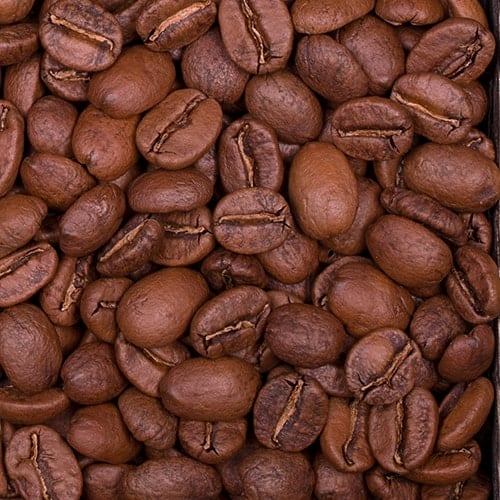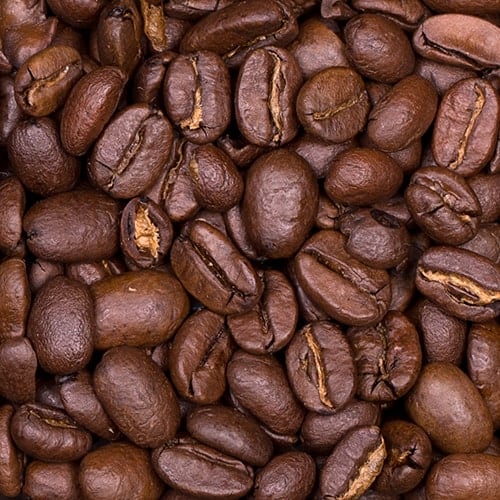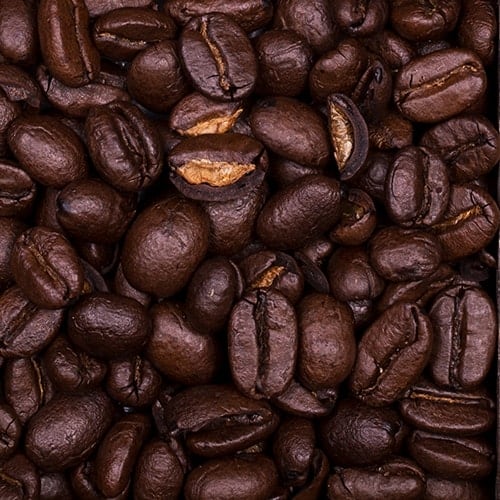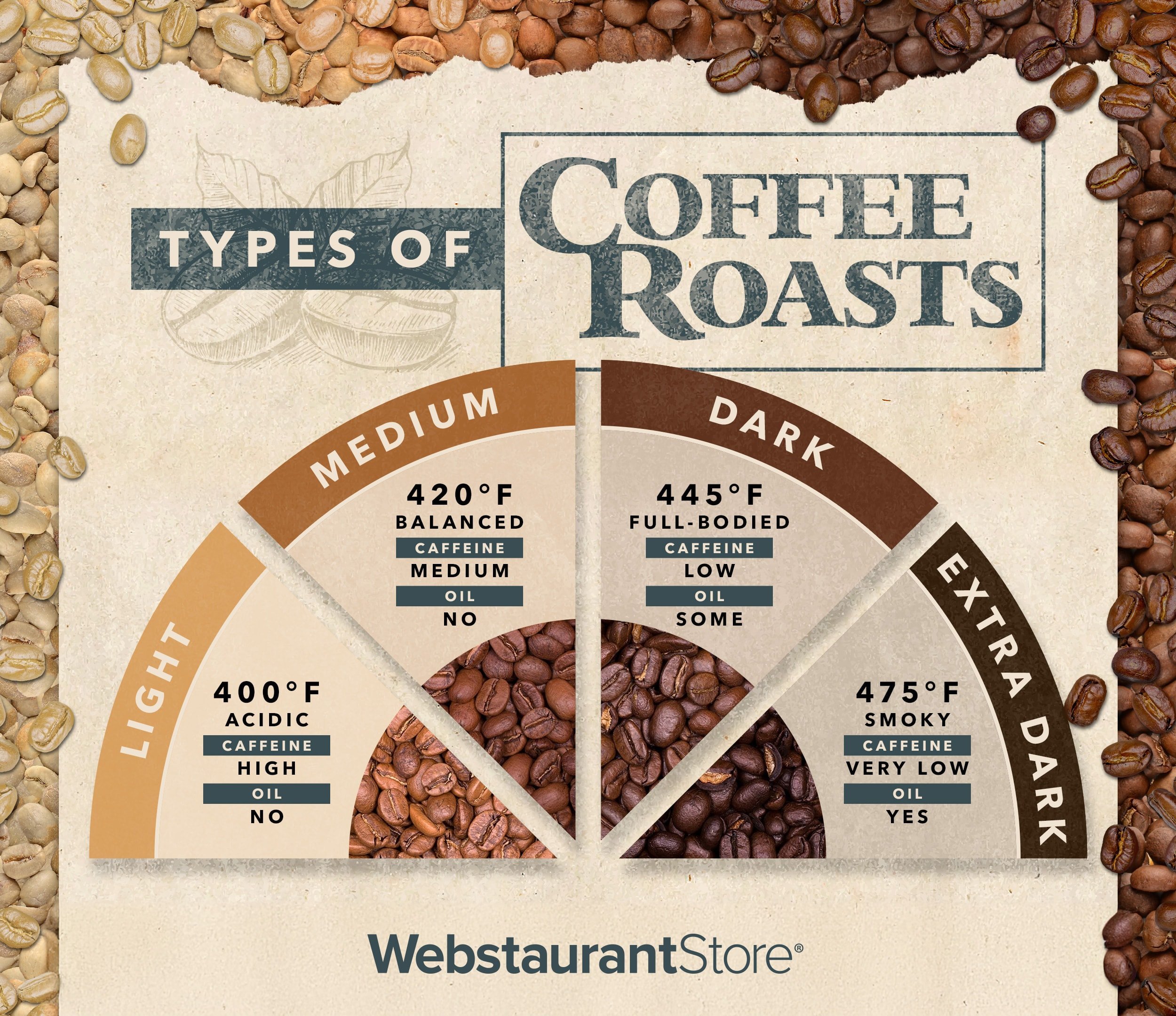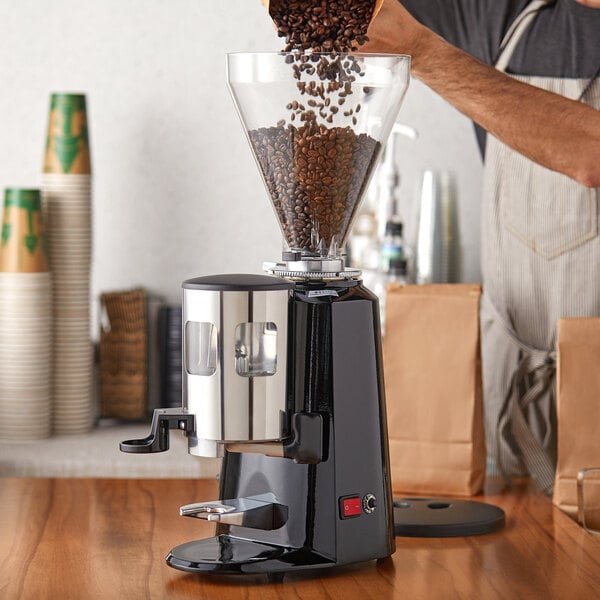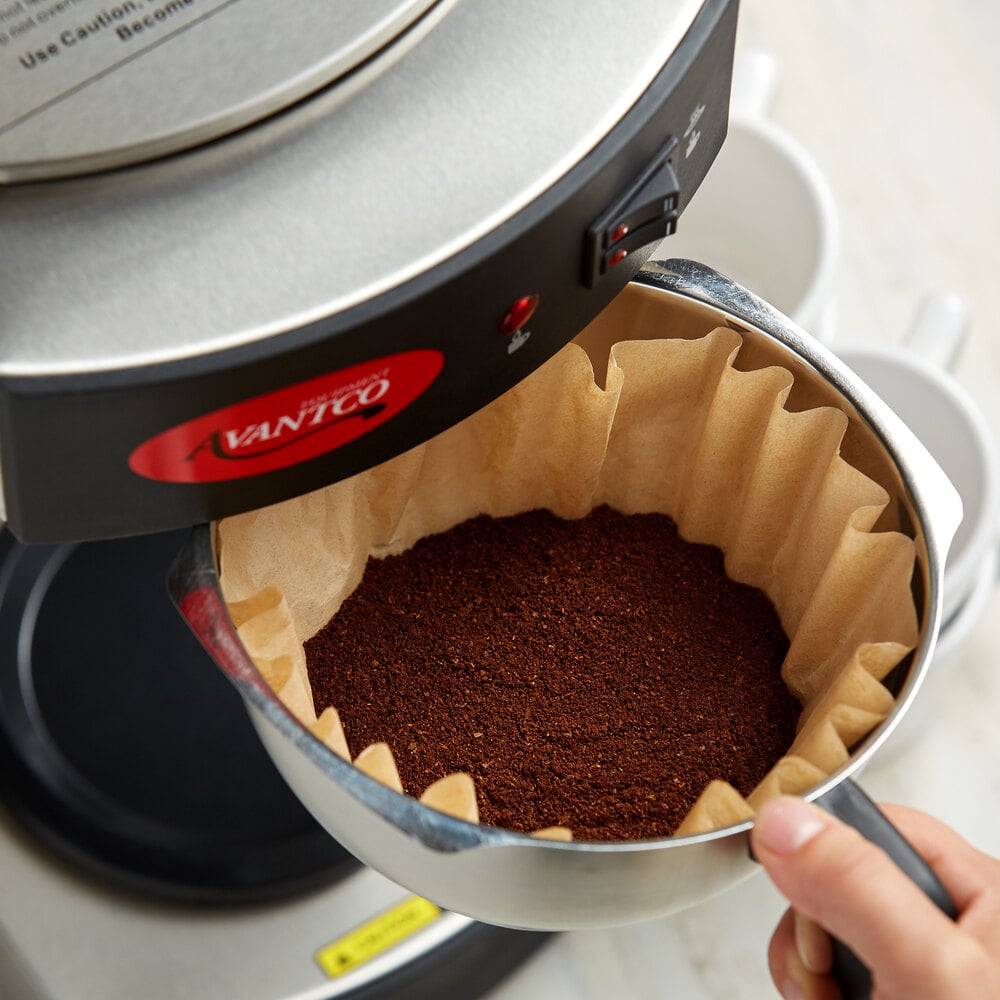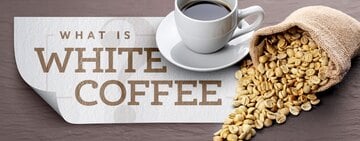There are two basic types of coffee bean species that are grown commercially throughout the world: Coffee Arabica and Coffee Robusta, which differ due to their growing environments, overall flavor, and price. There are also two less common types of coffee beans, Liberica and Excelsa coffee beans, but they make up only about 2% of the world's coffee supply and are not often used for cafe menus. It's helpful to understand the difference between these types of coffee beans when choosing your coffee since their tastes can vary significantly.
Arabica Coffee Beans
Arabica beans make up 60% of the world's coffee supply. When roasted, Arabica beans provide a sweet, yet soft taste with low acidity levels. These types of coffee beans need a cool, subtropical climate where sun, rich soil, and moisture are present, typically at a high elevation. Since Arabica beans are difficult to grow and cultivate, they are more expensive compared to Robusta beans and have a higher cost of production. Most Arabica beans are grown in Africa and Latin America.
What Does Arabica Coffee Taste Like?
Arabica coffee has a smooth and balanced flavor, with a hint of sweetness. Depending on the growing region, Arabica beans may have an earthy or floral flavor.
Robusta Coffee Beans
Robusta coffee is considered the inferior choice compared to Arabica since it yields a strong, bitter, and harsh taste when roasted. Robusta beans contain twice as much caffeine as Arabica, which makes them less vulnerable to diseases and pests since caffeine acts as a natural insecticide in the plant. Primarily grown in Africa and Indonesia, Robusta beans can also stand up to harsher growing environments and lower altitudes, making them cheaper to produce and sell. Due to its low cost, most instant and ground coffee blends sold in grocery stores are made from Robusta beans.
What Does Robusta Coffee Taste Like?
Coffee made from Robusta beans tends to be on the bitter side with a strong smell and harsh flavor. There is also usually an earthy and spiced flavor that lends well to dark roasts.



